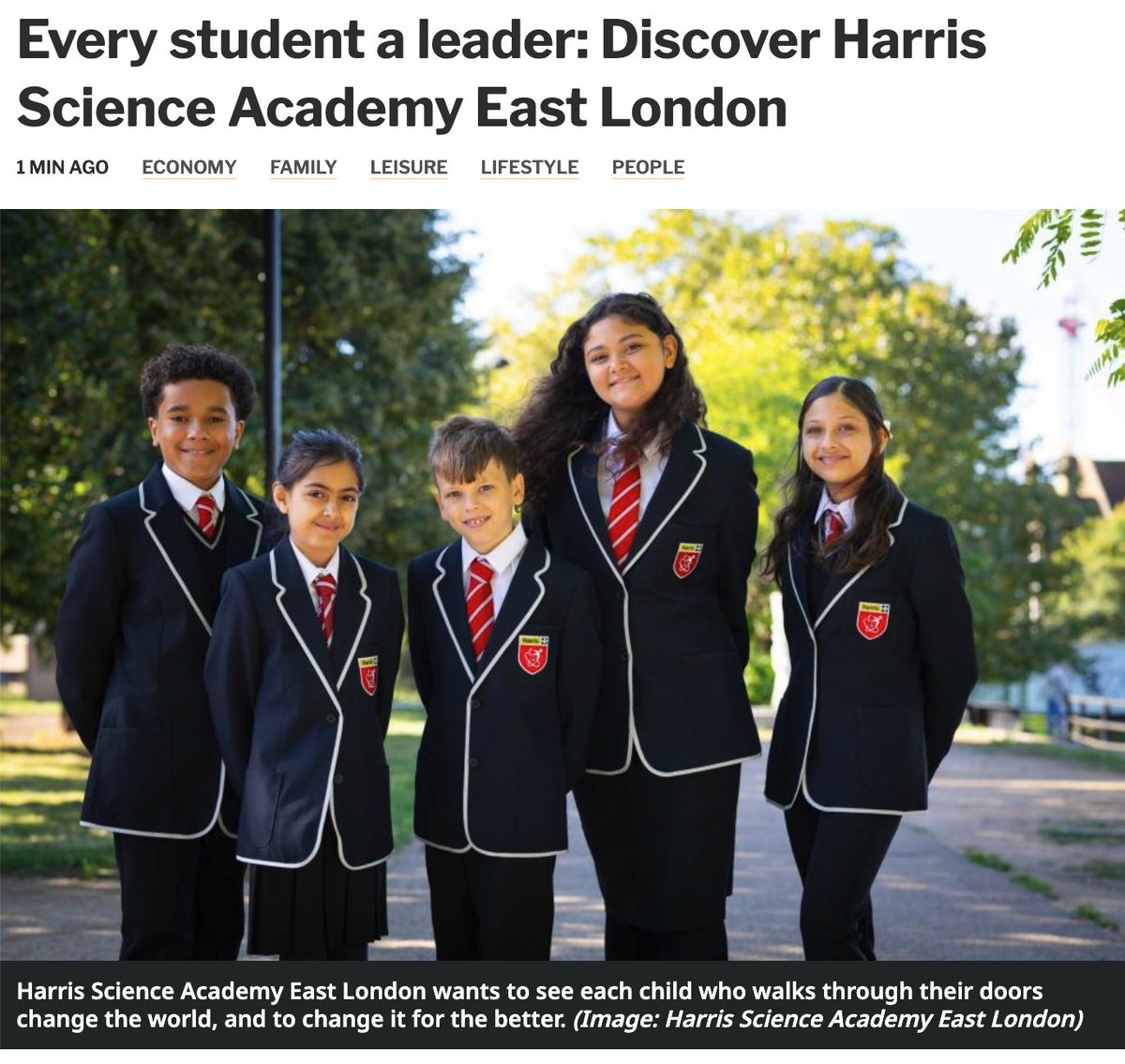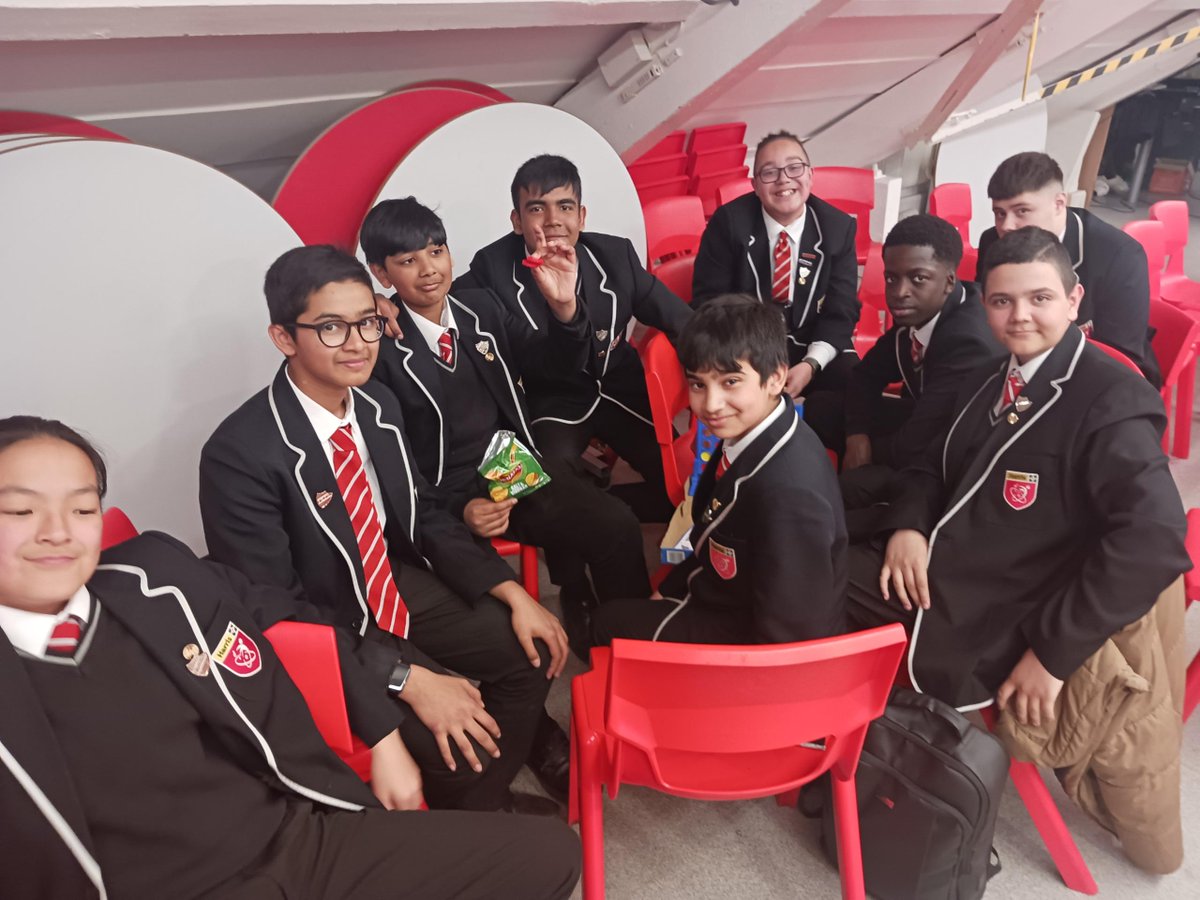Mathematics
Subject intent
We want all children to be leaders in their chosen field. In mathematics this means they will go to Russel Group Universities or apply their knowledge of mathematical skills in STEM or other careers for example engineering, coding, banking, data analysis, business.
Subject links to HSAEL values
Studying mathematics will help students to be leaders in their chosen field because it develops critical thinking and problem-solving skills.
It takes students out of their comfort zone (and shows growth) by challenging them to tackle difficult problems and explore new concepts.
It helps students tackle social injustice (and demonstrate responsibility) by providing the skills to analyse data and advocate for evidence-based solutions.
It helps promote ambition by encouraging high standards and the pursuit of advanced studies and careers in STEM fields.
It celebrates diversity (compassion) by showing that mathematical principles are universal and fostering respect for different perspectives.
It helps students develop independence (excellence) by encouraging self-directed learning and confidence in problem-solving.
Mathematics is crucial at HSAEL as it equips students with problem-solving and reasoning skills, providing a universal language that transcends language barriers. By fostering critical thinking and resilience, math helps students overcome socio-economic disadvantages, gain confidence, and achieve academic success, opening doors to advanced studies and high-paying careers.
|
|
Autumn 1 |
Autumn 2 |
Spring 1 |
Spring 2 |
Summer 1 |
Summer 2 |
|
Year 7 |
Place Value and Properties of numbers |
Arithmetic and Algebra |
Coordinates and Properties of Shapes |
Properties of shapes and Fraction |
Ratio and Proportion |
Transformation |
|
Year 8 |
Angles in parallel lines, Properties of Shapes, Coordinate Geometry, Fractions |
Probabilities & Sample space, Transformation1: Rotation, Translation & Reflection Transformation2: Congruence, Smilarity & Enlargement Factorising expressions, Ratio |
Proportional thinking, Construction, Standard form & Compound measures, Algebraic Thinking: Sequence
|
Linear & Quadratic graphs, Proportional Reasoning, Roots, Powers & Estimations
|
Area & Perimeter, ( Incl Circles & Compund shapes) Percentage change
|
Pythagoras' Theoram, Similarity & Congruence, Scatter graps |
|
Year 9 |
Probability, ratio and angles in polygons |
Re-aaranging fomrulae, graphs and proportional reasoning |
Right angled triangles, similarity & congruence and simultaneous equations |
3-D shapes and compound measures |
Maths & finance, expanding binomials and graphical solutions |
Statistics, Standard form, Bounds |
|
Year 10 Higher |
Algebraic Methods and Powers & Roots |
Ratio & Proportion and Statistics. |
Line and Angles, right-angled triangles and circle theorems |
Surds and Equations of Straight Lines & Circles |
Factorising & Simplifying Algebraic Fractions and Quadratic Equations and Simultaneous Equations |
Transformations & Vectors, Functions, sketching graphs & transforming graphs and Loci |
|
Year 10 Foundation |
Algebraic expressions & simplifcation and number properties |
FDP & Calculations with Percentages and Statistical Diagrams & Averages |
Rounding, Accuracy & Use of Calculator and Standard Form |
Ratio & Proportion and Probability |
Substitution, Linear Equations & Inequalities and shape & Angles |
Transformations & Column Vectors and Loci |
|
Year 11 Higher |
2D Shapes (Perimeter, area and quadratics, circle arcs and sectors and advanced trig) and Probability |
Compound units, rates of change and real life graphs, upper and lower bounds, Similar shapes: area and volume. |
3D Shapes: Surface area, volume and 3D Trigonometry, Sequences, iteration, proof and Functions |
Revision: Reflect, review and reteach |
Revision: Reflect, review and reteach |
Revision: Reflect, review and reteach |
|
Year 11 Foundation |
Further statistics, Perimeter, Area and Volume |
Sequences, Right angled triangles, Number recap: Combined events |
Co-ordinates, graphs and simultaneous equations |
Real life applications, Quadratics and real life graphs |
Revision: Reflect, review and reteach |
Revision: Reflect, review and reteach |
|
Year 12 |
Surds and Indices, Equations and inequalities, Trigonometry, Quadratic functions, Polynomial |
Binomial Expansion, Data collection, Dara processing, presentation and interpretation, Graphs and transformation, Probability, Coordinate geometry, Kinematics |
Differentiation, Kinematics |
Differentiation, integration, The binomial Distribution, Vectors, Exponentials and logs |
Statistical Hypothesis testing, Proofs, Sequences and series, Forces and laws of motion
|
Variable acceleration, Revision |
|
Year 13 |
Trigonometric functions, trigonometric identities, differentiation, Trigonometric functions, further algebra and Vectors |
Binomial Expansion, Further differentiation, integration, Vectors, Kinematics, projectiles |
Functions, Probability, Statistical Distribution, Forces and Motion, Parametric Equations |
Differential equations, Hypothesis testing and Moments |
Revision: Reflect, review and reteach |
Revision: Reflect, review and reteach |
|
For GCSE, Mathematics follows the AQA exam board. See the specification here:https://www.aqa.org.uk/subjects/mathematics/gcse/mathematics-8300/specification-at-a-glance |
|
For A-Level, Mathematics follows the OCR Mei B exam board. See the specification here: https://www.ocr.org.uk/qualifications/as-and-a-level/mathematics-b-mei-h630-h640-from-2017/ |
How does the study of Maths link to future careers?
The study of Maths equips students with problem-solving, logical reasoning, and analytical skills essential for careers in engineering, finance, technology, data analysis, medicine, and scientific research. At HSAEL, Maths prepares students for success in STEM and other fields, ensuring they are well-equipped for the modern workforce.
How does Maths link to the extra-curricular provision at HSAEL?
At HSAEL, Maths links to extra-curricular activities through the UKMT Challenge, Federation Masterclasses, and competitions. These opportunities enhance problem-solving skills, deepen mathematical understanding, and foster teamwork, preparing students for future STEM careers.
























